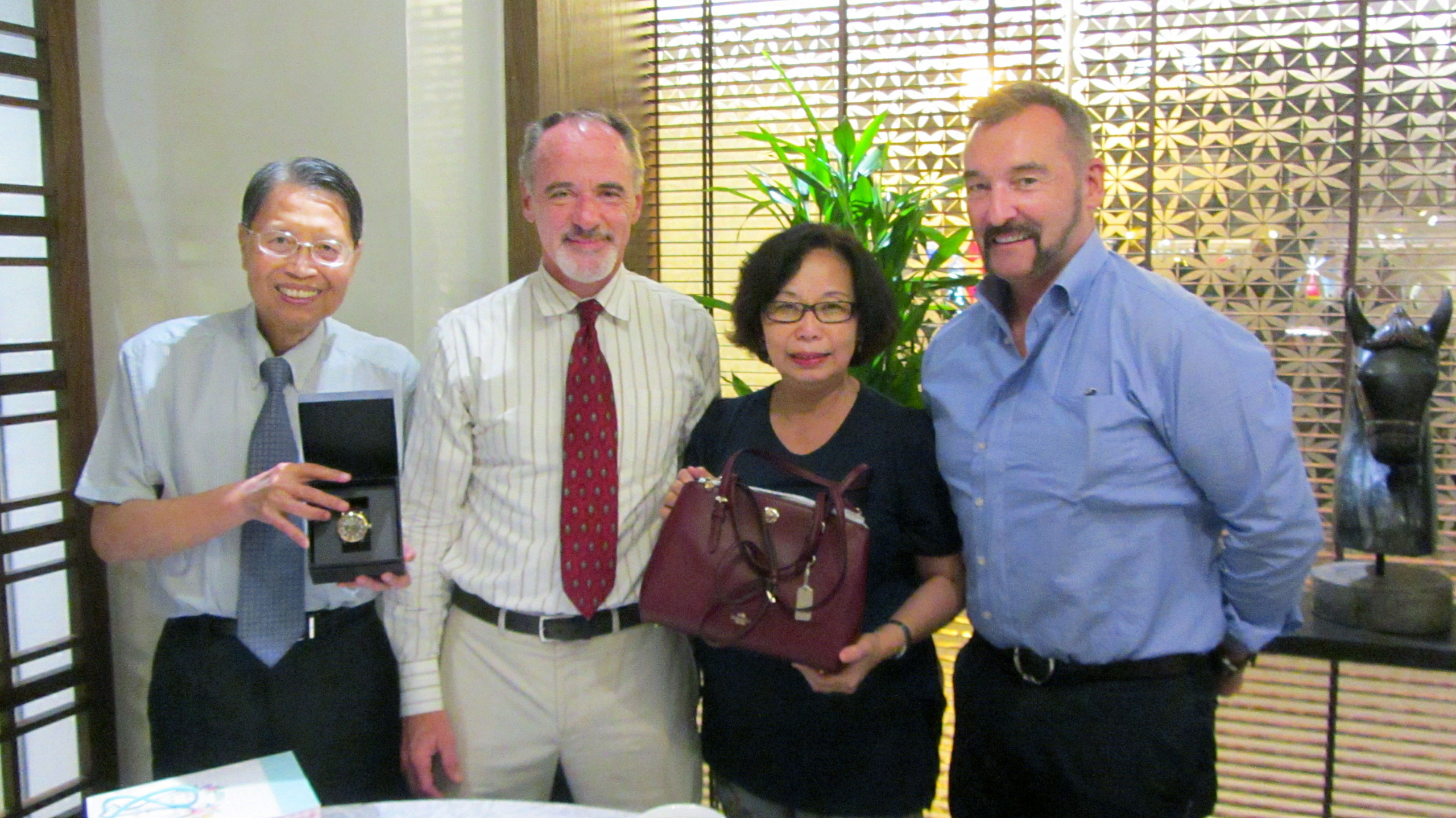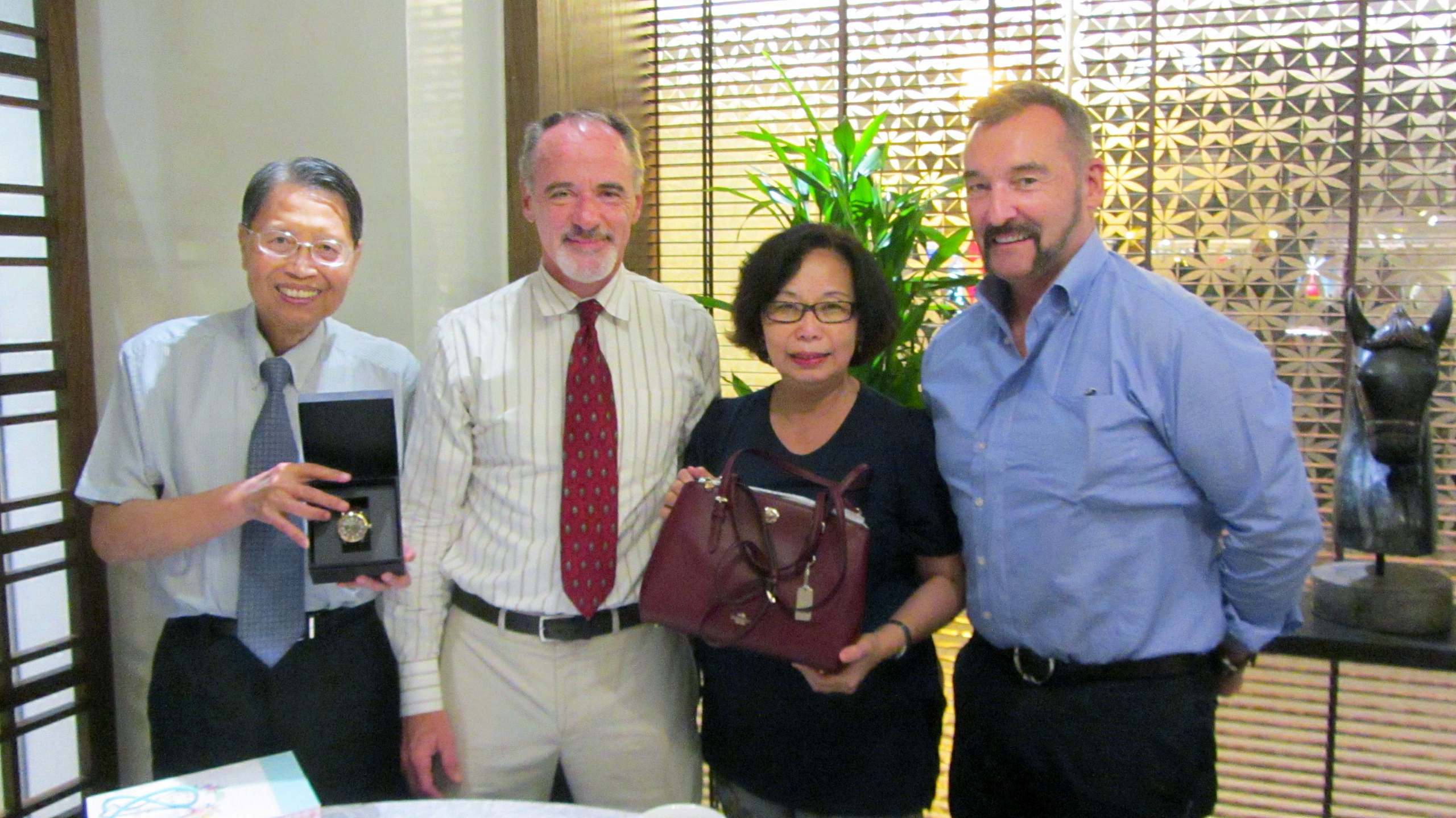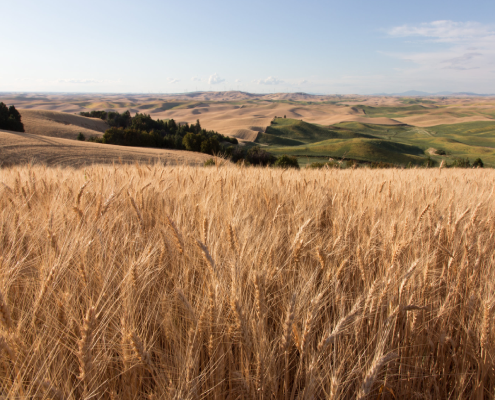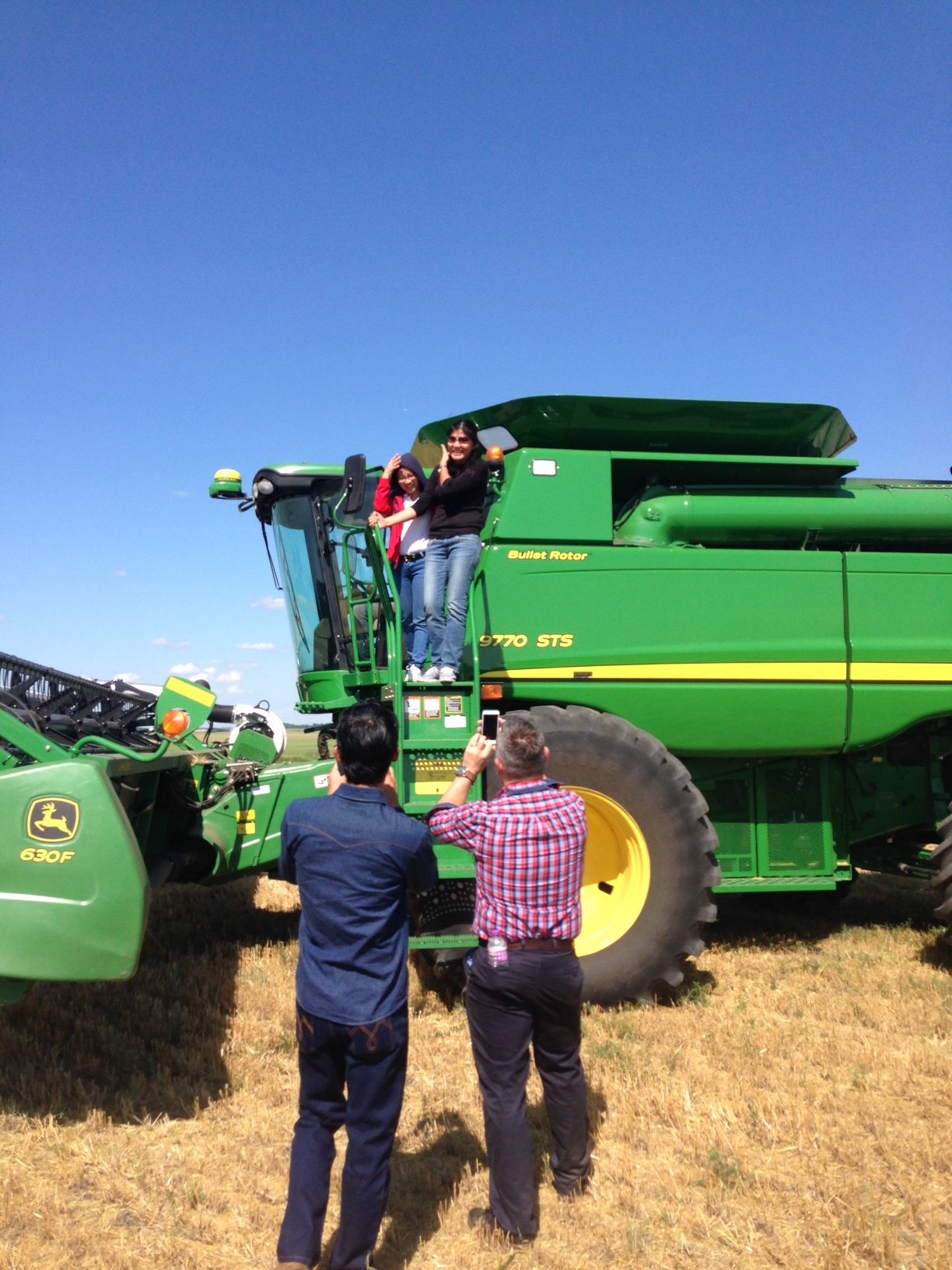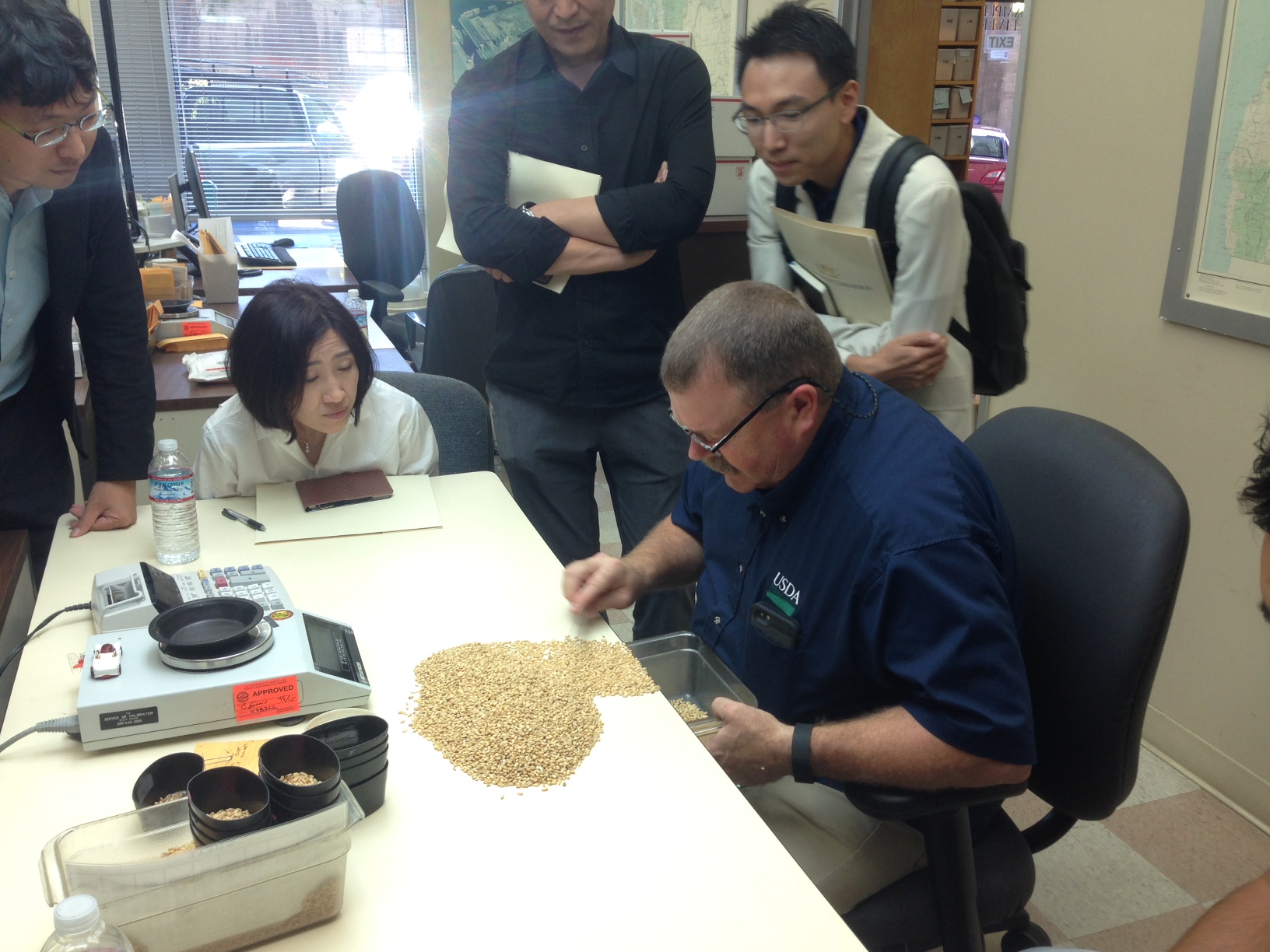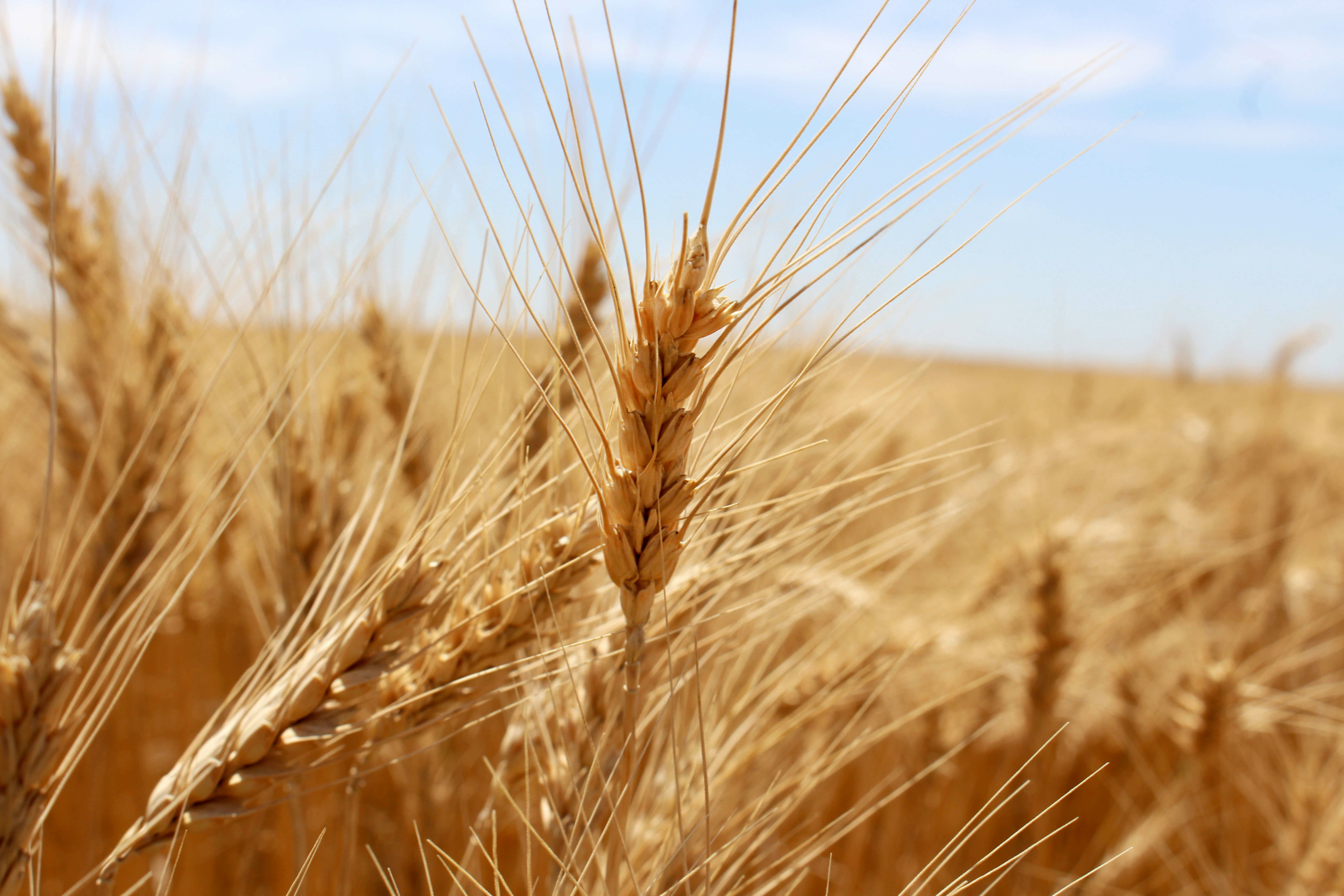ARLINGTON, Virginia — U.S. Wheat Associates (USW) has hired Boyuan Chen as Country Director in the organization’s Taipei, Taiwan, office. Starting Nov. 1, 2016, Chen will manage U.S. wheat market development programs and USW’s business and government relationships in a market that imports on average about 38 million bushels of U.S. wheat every year. Chen will replace long-time Country Director Ron Lu, who is transitioning to retirement at the end of 2016 after 33 years with USW.
“Boyuan Chen is an ideal manager for this position who will draw from 20 years of experience in food and feed commodity procurement with Uni-President Enterprises,” said USW Regional Vice President Matt Weimar. “He joins our history of strong leadership since Western Wheat Associates opened an office in Taipei more than 50 years ago. By helping Taiwan’s flour millers and wheat foods industry constantly improve their products, we have developed very loyal customers for U.S. dark northern spring, soft white and hard red winter wheat farmers.”
After three years in banking, Chen started with Uni-President, Asia’s largest food production corporation, in 1997 as a grain market analyst and gained experience in the company’s soybean procurement group. In 2001, he moved up to assistant chief of the company’s Taipei procurement section working closely with the Taiwan Flour Mills Association (TFMA), the Taiwan Feed Industry Association and the Taiwan Vegetable Oil Manufacturers Association. Chen’s last position with Uni-President was as section chief of import affairs from 2009 to 2016. He earned a bachelor’s degree in Agricultural Economics from National Taiwan University, Taipei, in 1989, and a master’s degree in Financial Management from Syracuse University in 1994.
USW is the industry’s market development organization working in more than 100 countries. Its mission is to “develop, maintain, and expand international markets to enhance the profitability of U.S. wheat producers and their customers.” The activities of USW are made possible by producer checkoff dollars managed by 19 state wheat commissions and through cost-share funding provided by USDA’s Foreign Agricultural Service. For more information, visit www.uswheat.org or contact your state wheat commission.

# # #
Nondiscrimination and Alternate Means of Communications
U.S. Wheat Associates prohibits discrimination in all its programs and activities on the basis of race, color, religion, national origin, gender, marital or family status, age, disability, political beliefs or sexual orientation. Persons with disabilities who require alternative means for communication of program information (Braille, large print, audiotape, etc.) should contact U.S. Wheat Associates at 202-463-0999 (TDD/TTY – 800-877-8339, or from outside the U.S.- 605-331-4923). To file a complaint of discrimination, write to Vice President of Finance, U.S. Wheat Associates, 3103 10th Street, North, Arlington, VA 22201, or call 202-463-0999. U.S. Wheat Associates is an equal opportunity provider and employer.


